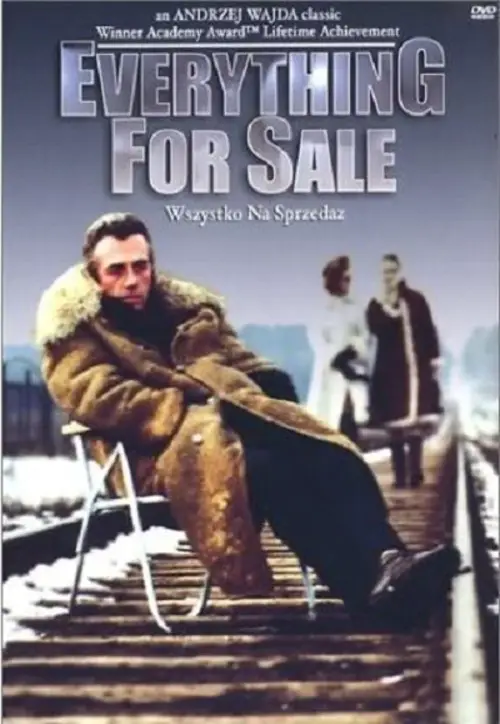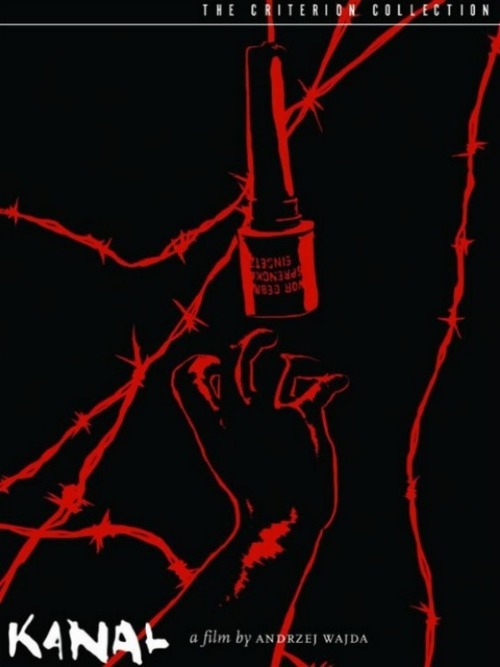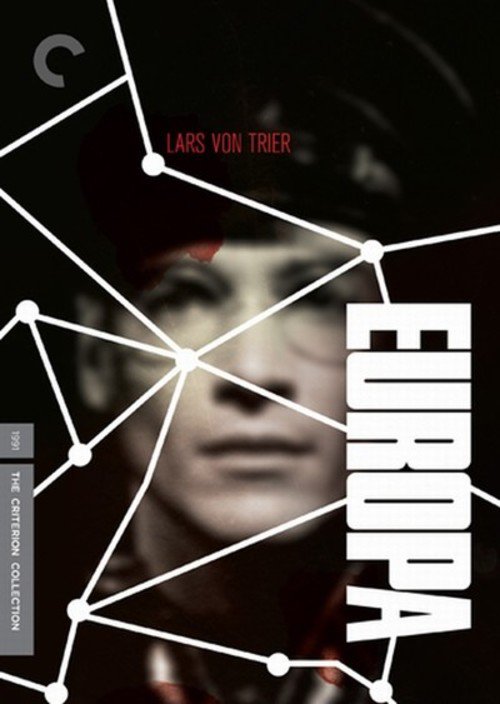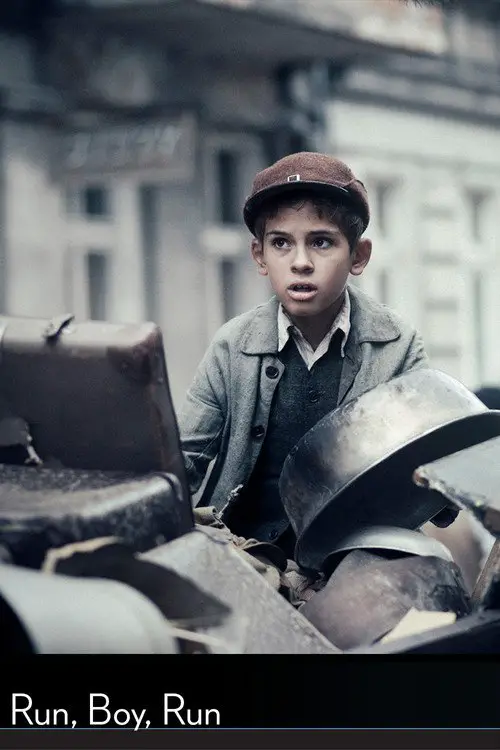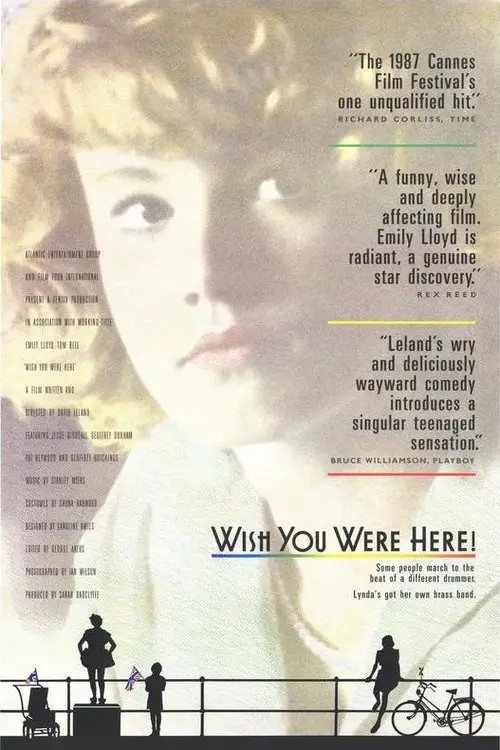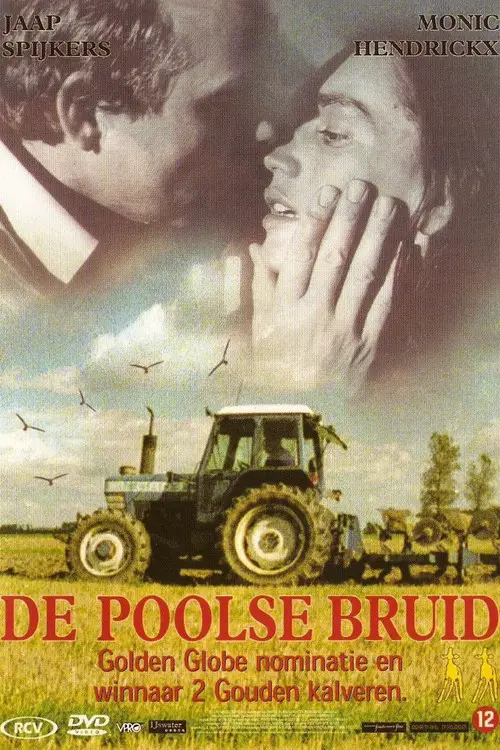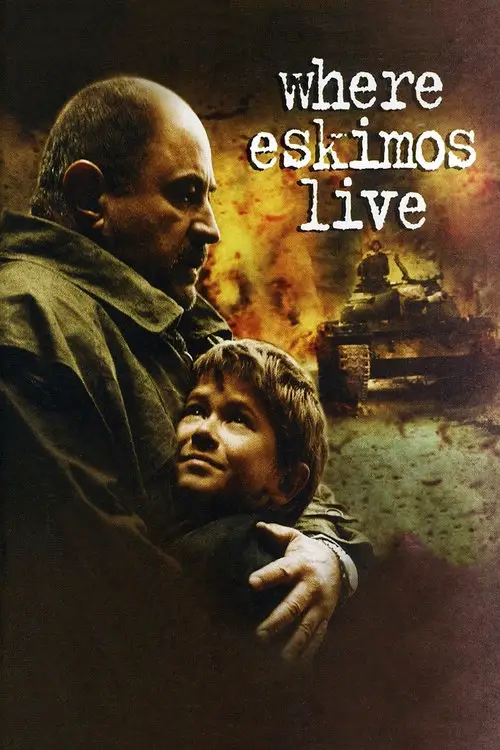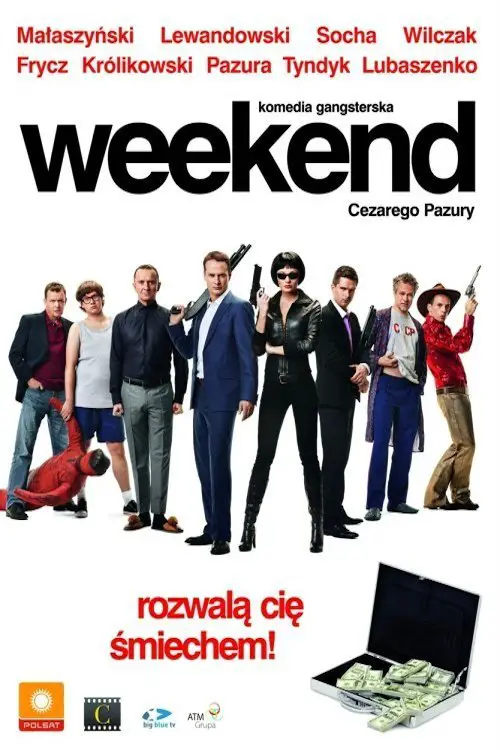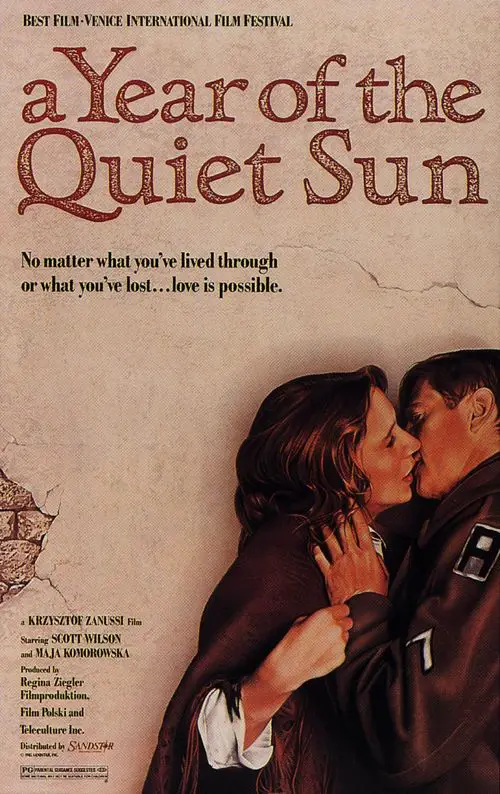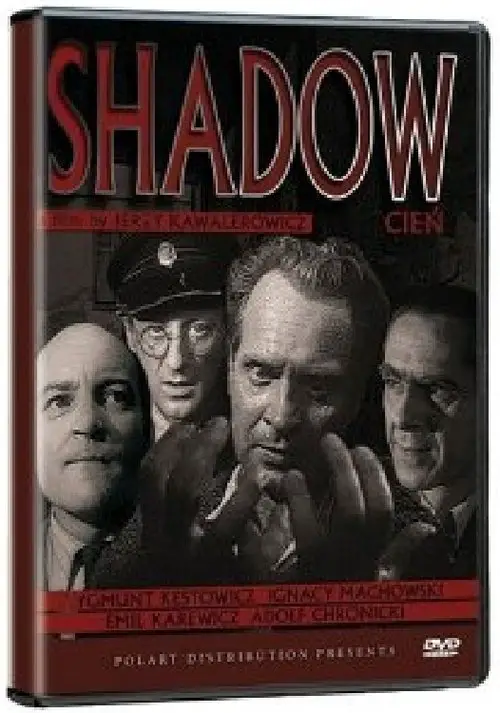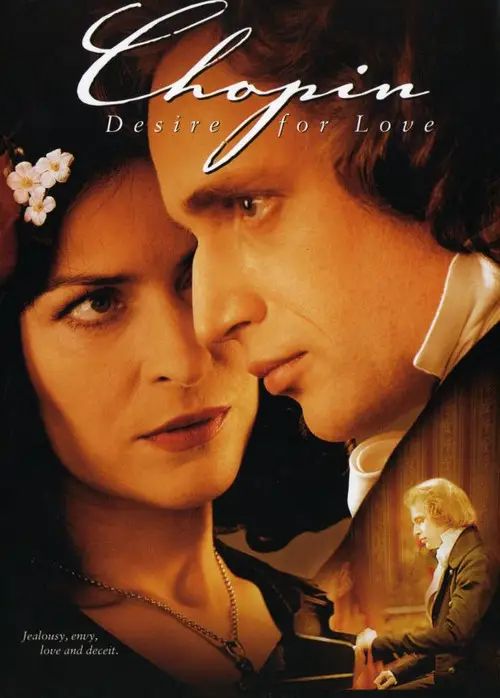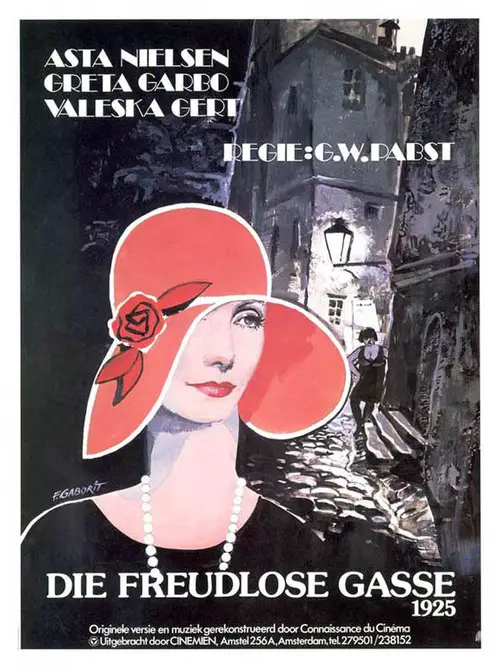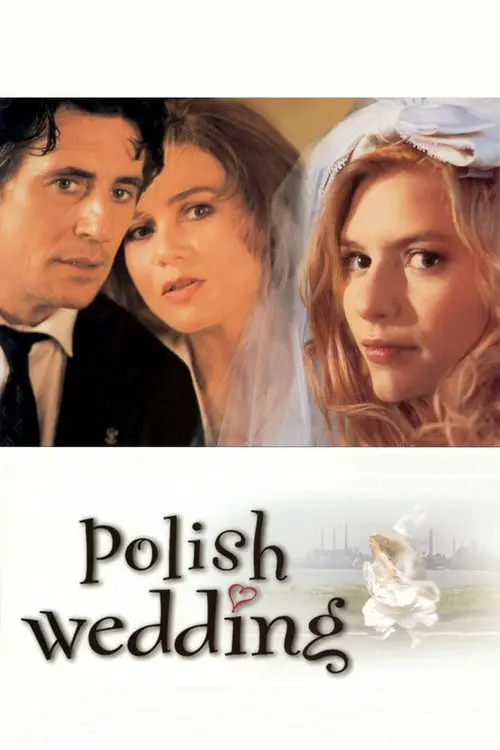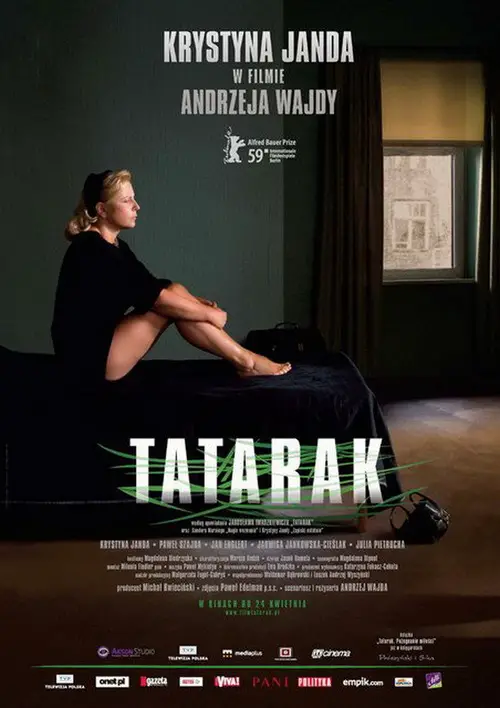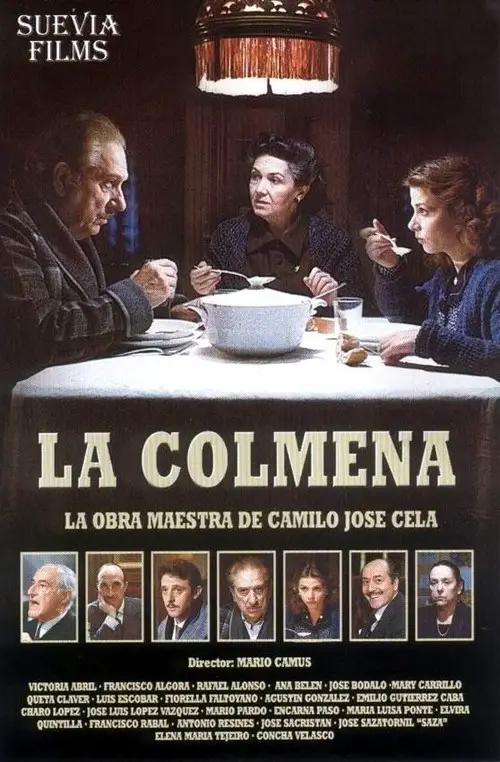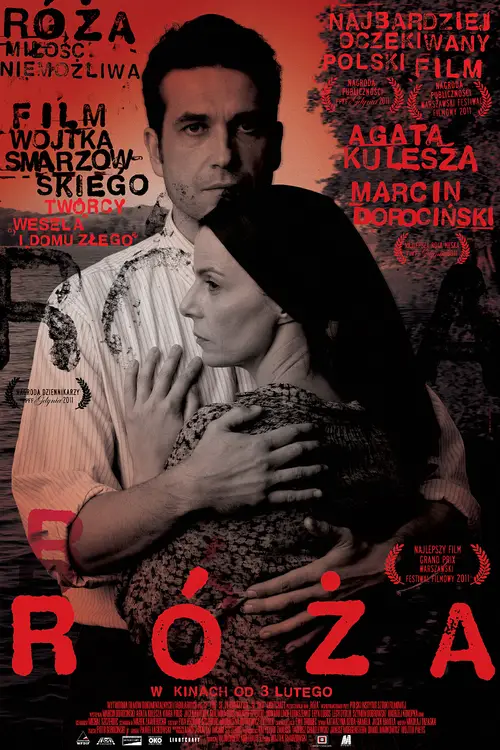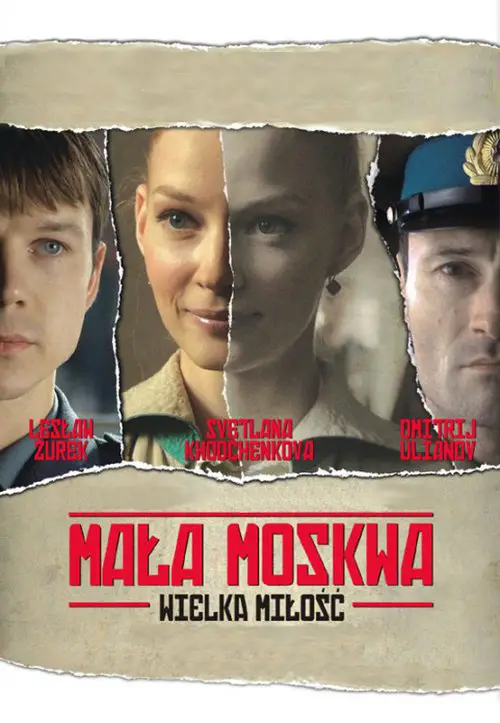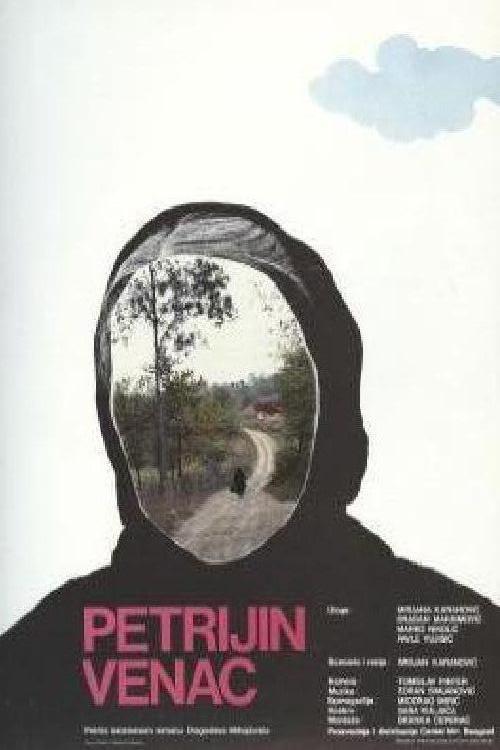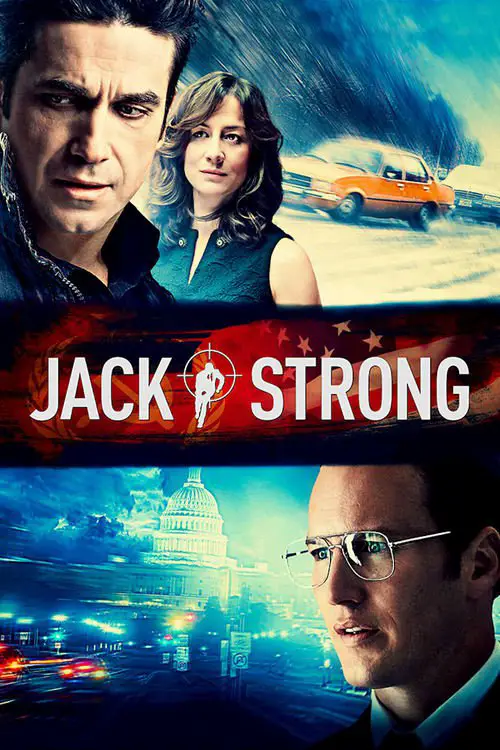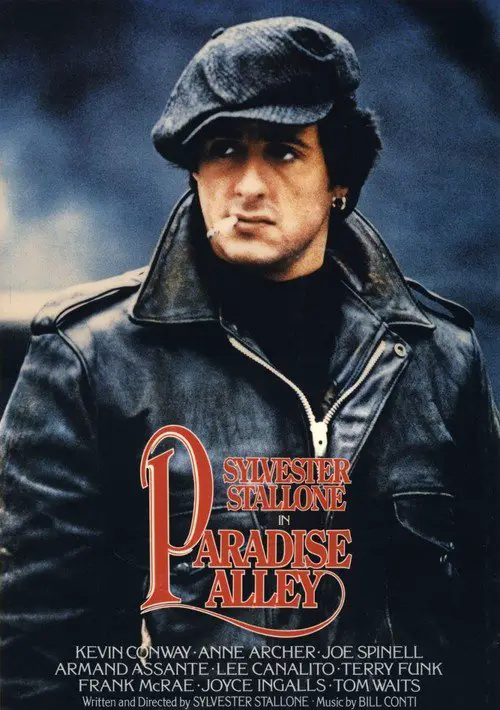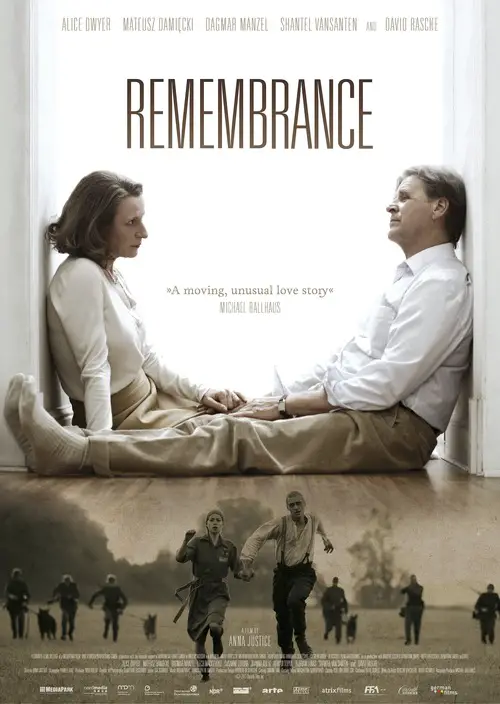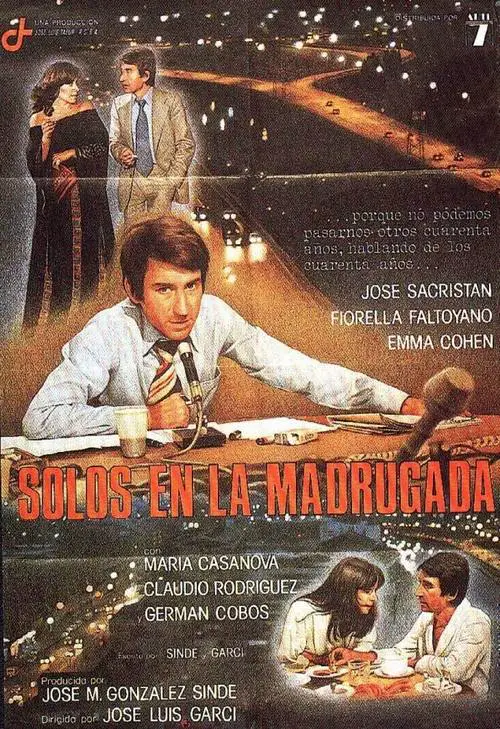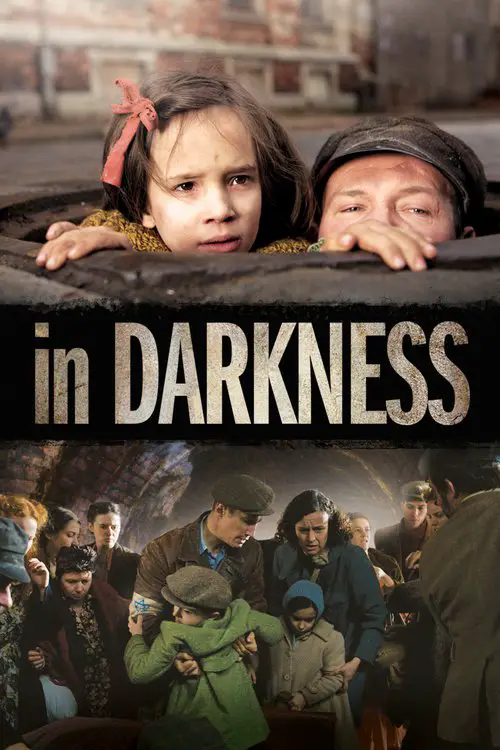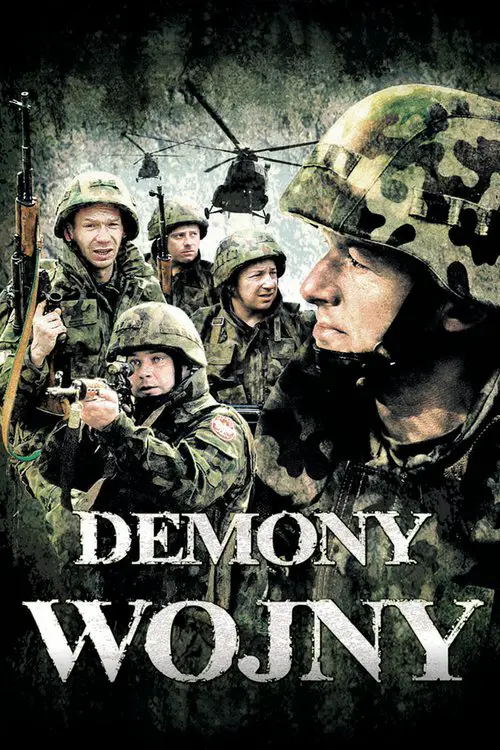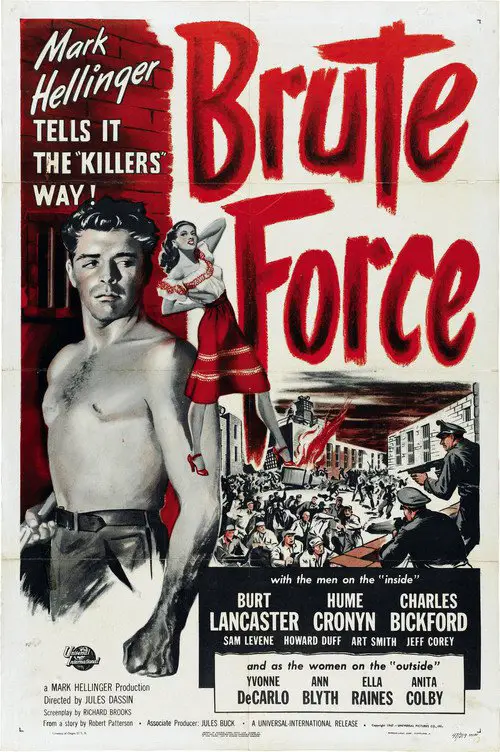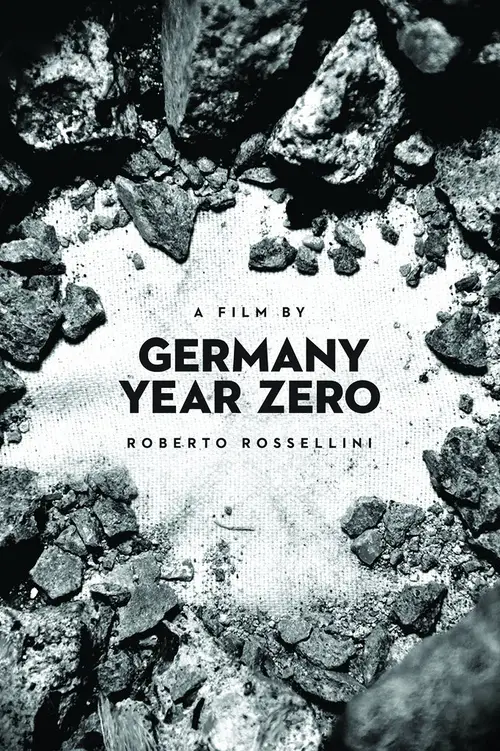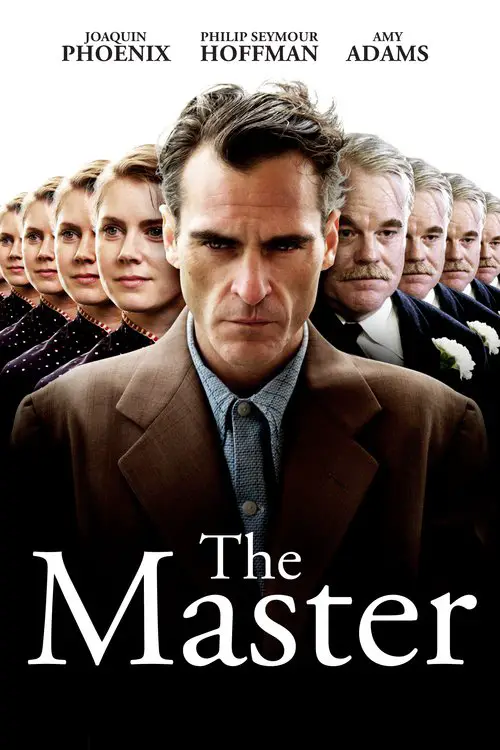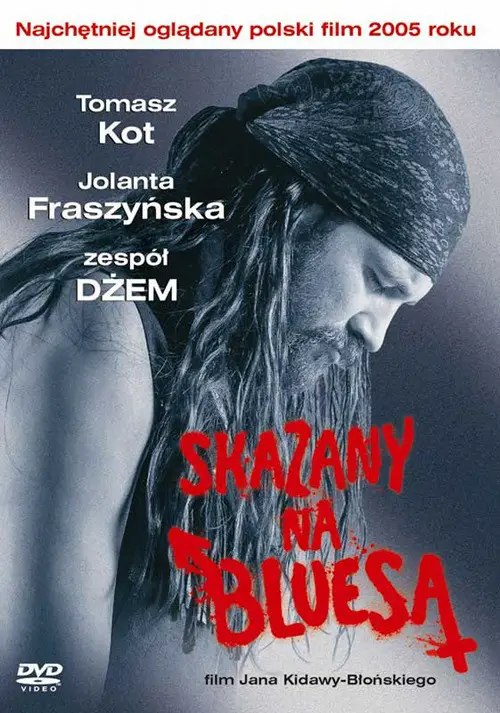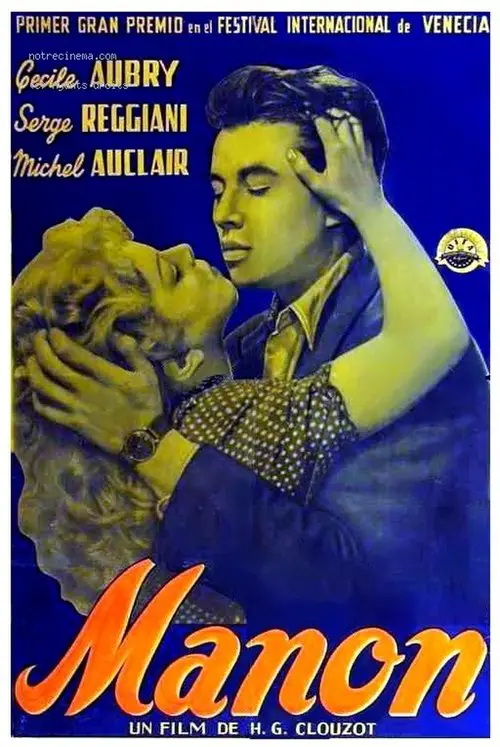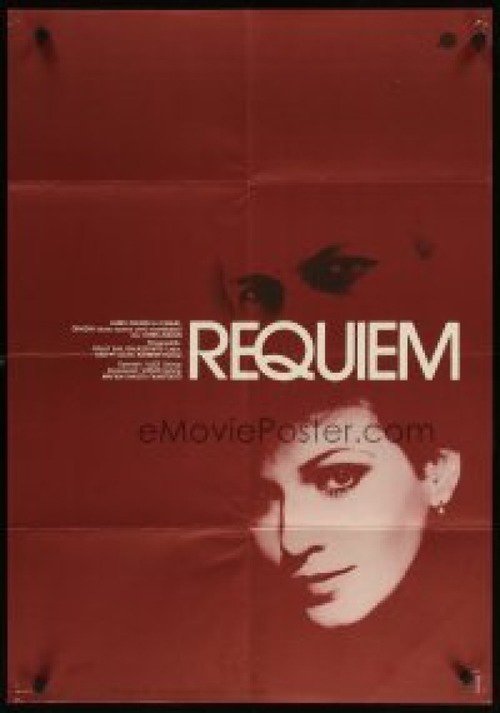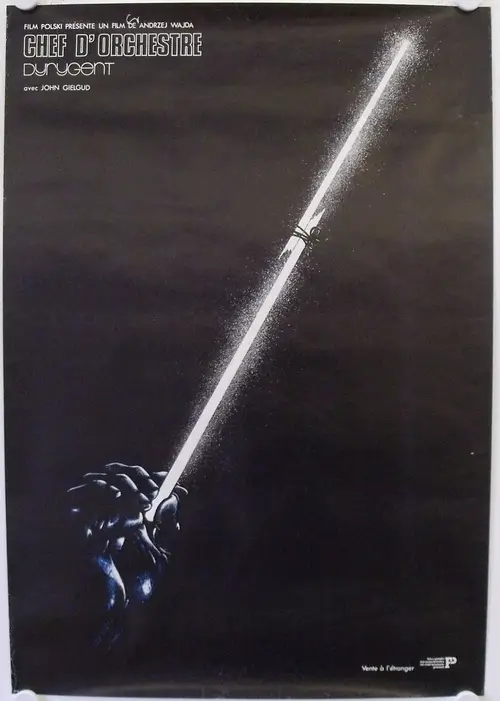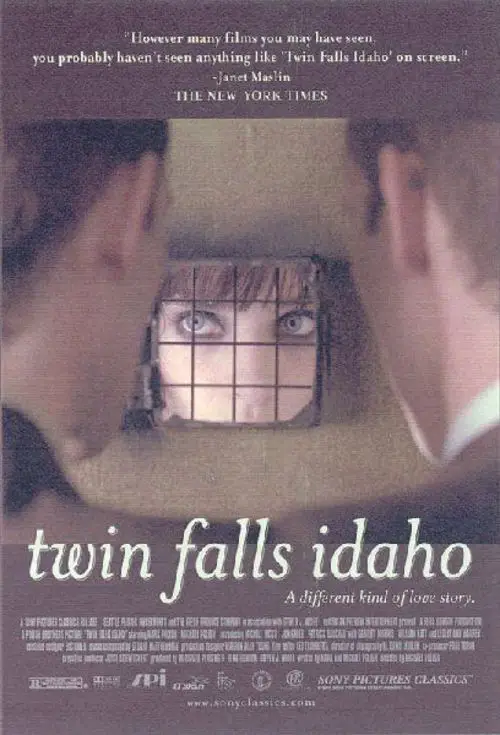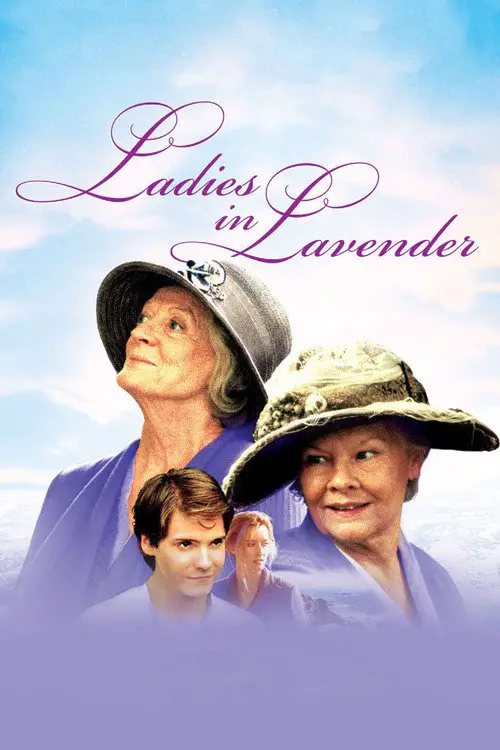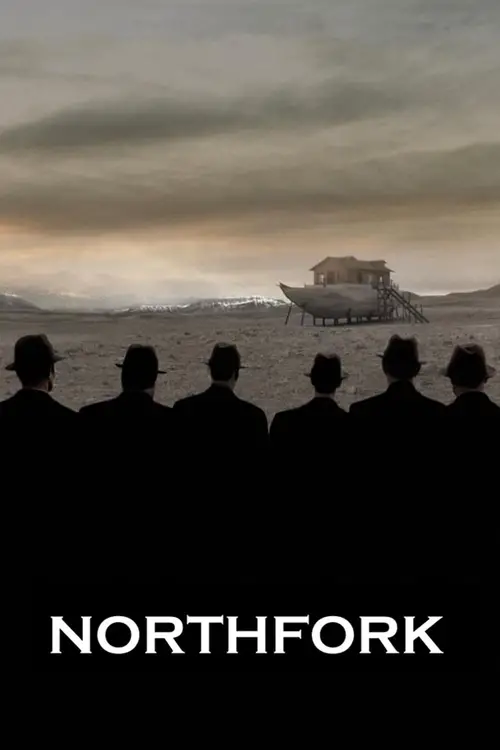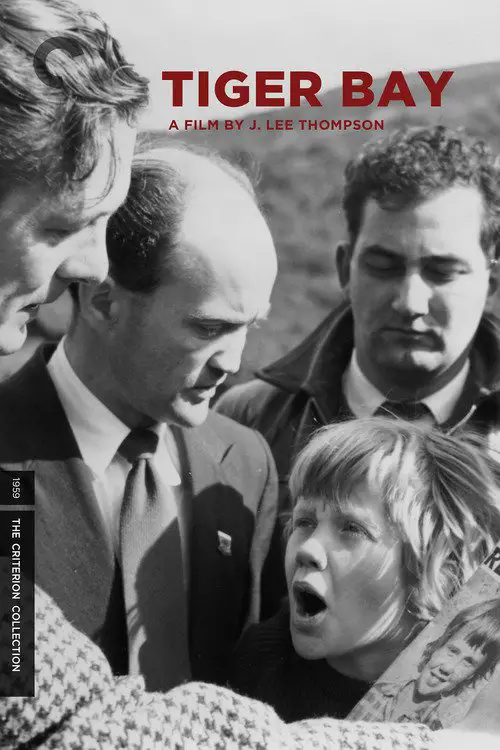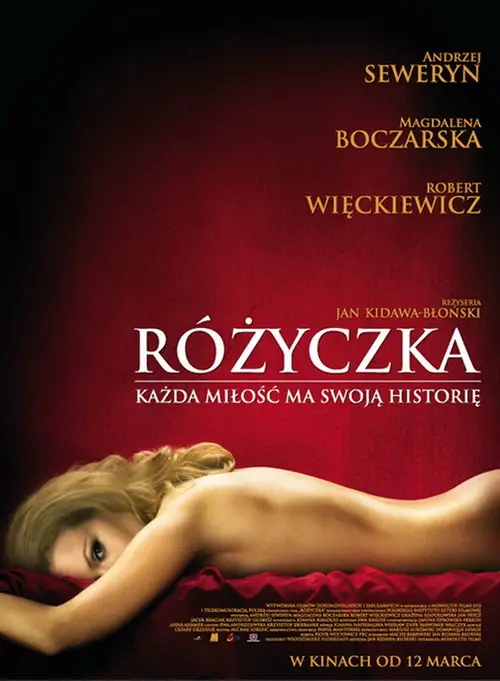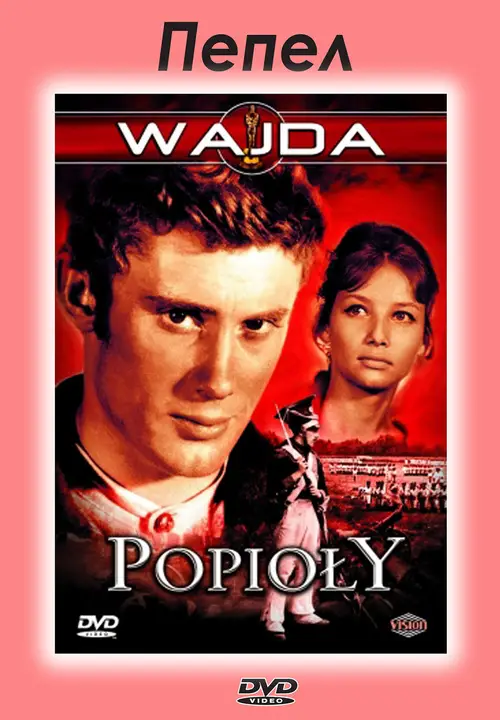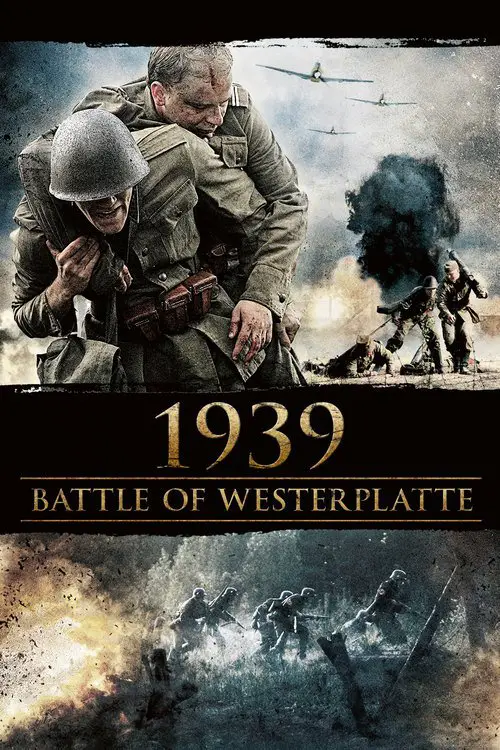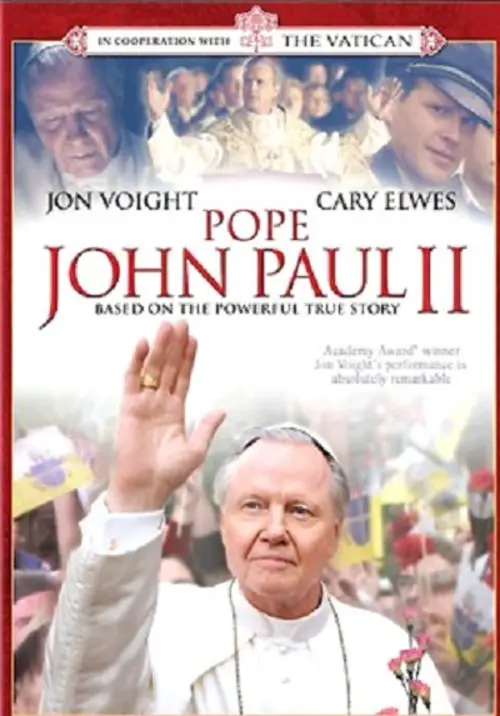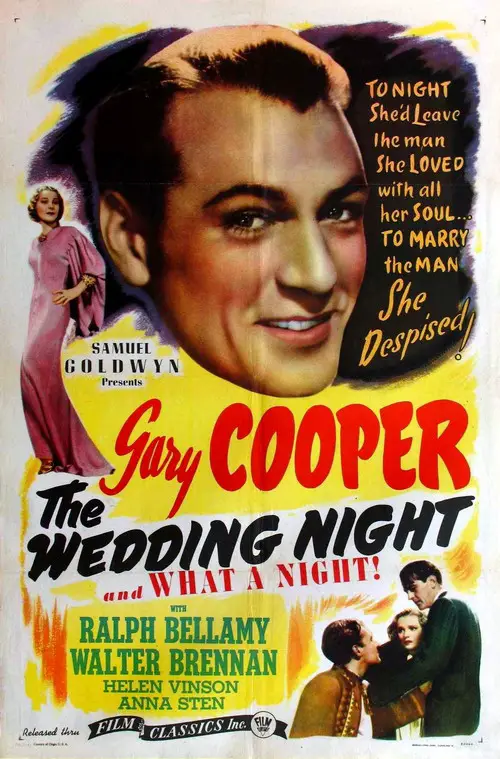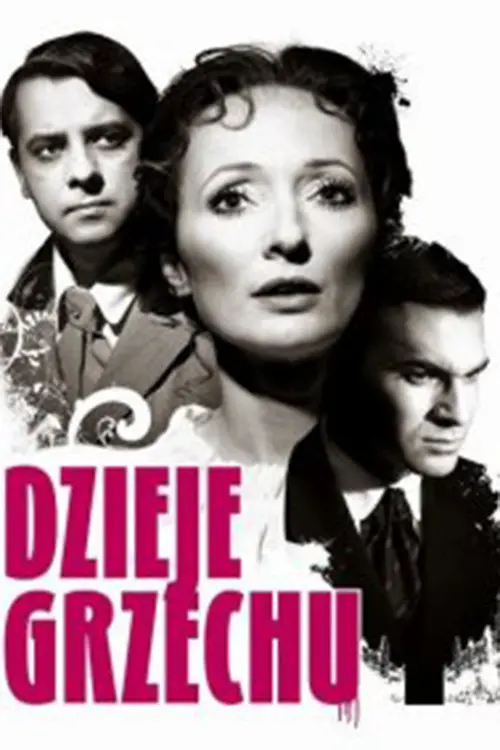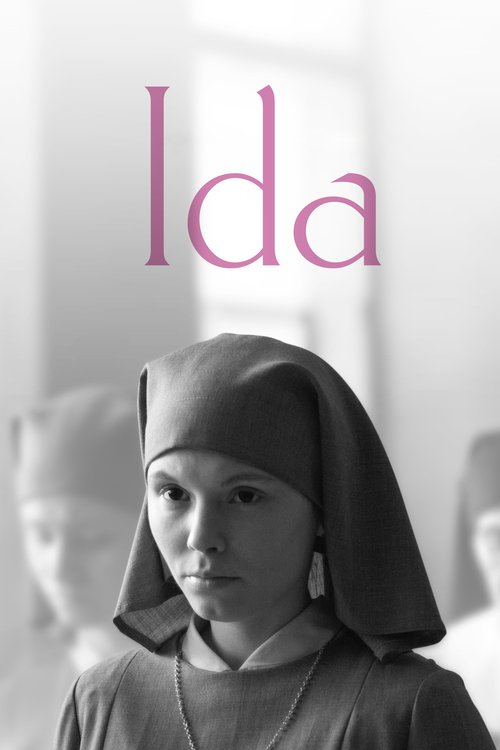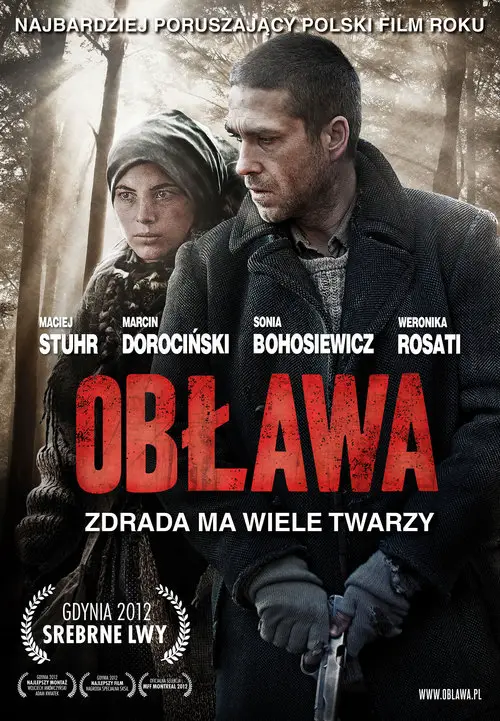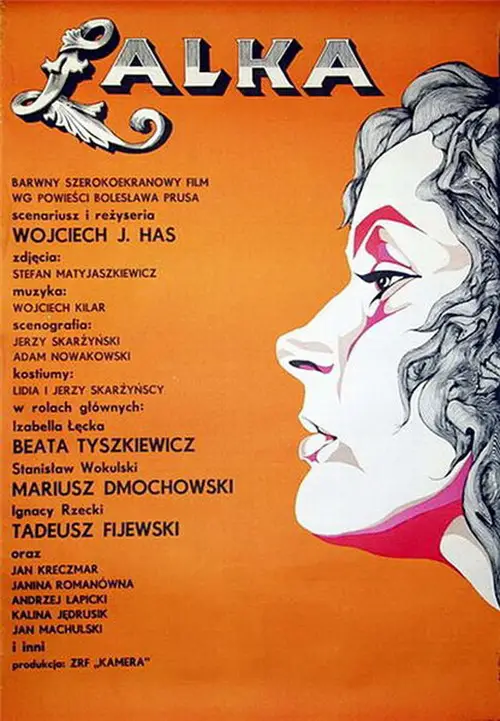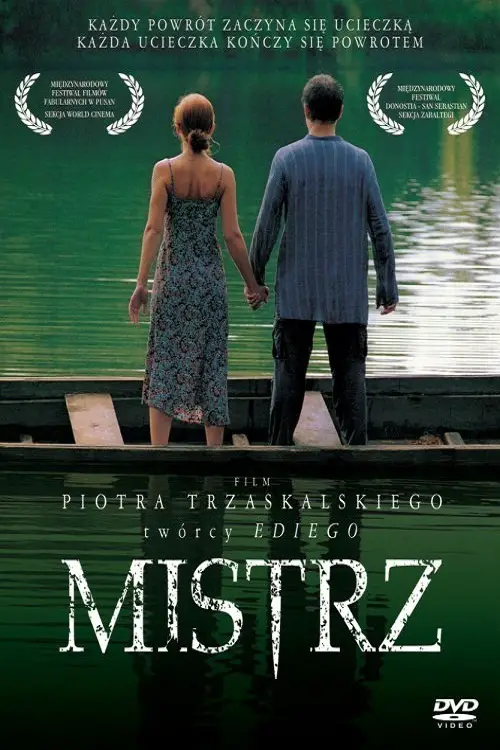Ashes and Diamonds (1958)
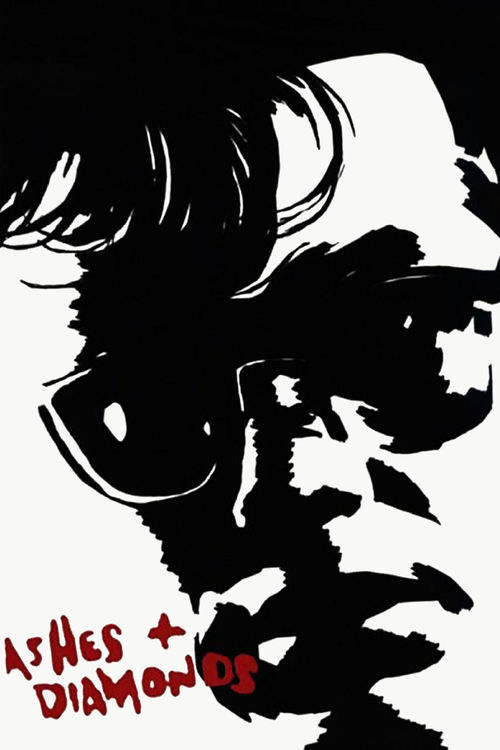
Similar movies
A win on the football pools in postwar Britain changes lives. A happy family is turned into an unhappy argumentative lot until it is discovered the coupon apparently didn't get posted. A mild-mannered clerk worries about how to tell his overbearing boss he is quitting. A double-bass player finds life without the orchestra lacks something. The lure of the big money even turns some people into criminals, as when a coupon checker is tempted by his night-club singer girlfriend to cheat the company. Written by Jeremy Perkins
September, 1944. It's the 56th day of Warsaw's uprising against the Nazis. The third Platoon of the Resistance is down to 43 heroic men and women, and they're penned in. After a last day of fighting, and of good-byes to family, to love making, and to music, a handful of doomed survivors wade into the city's underground sewers in hopes of escape. Their valor is tested a final time.
The czar of Russia has died and a power vacuum has developed. This period in the late 16th and early 17th century has been called "The Time of Troubles." There are many impostors who claim to the right to rule, but there's only one heir, the Czarina Kseniya Godunova. She has married a Polish military leader who wants to claim the Russian throne in her name so he can rule all of Russia. As the Poles move in on Moscow in an attempt to install the czarina on the throne, Andrei, a serf with a life-long infatuation of the czarina attempts to save her from her brutal Polish husband.
An American, Leopold Kessler (Jean-Marc Barr) goes to post-war Germany in 1945 to work as a railroad conductor for the Zentropa Rail Line instead of going into the Army because he feels its a more valuable thing to do for the state of the world. He meets Katharina Hartmann (Barbara Sukowa), the daughter of the railroad owner and they fall in love.
Run Boy Run is the true story of Jurek, an eight-year-old boy, who escapes from the Warsaw ghetto, then manages to survive in the woods and working as a farmhand, disguising himself as a Polish orphan. He encounters people who will betray him for a reward, who will beat him up or try to kill him, and he meets those, who will do and risk almost everything to help him. Jurekâs resilience is put to the ultimate test, when an accident cripples him, making it harder to find work. But he struggles on against all odds. Eventually the Russians reach his area and Jurek even finds a family where he could stay. Yet he is betrayed again, and a young man from a Jewish orphanage forcefully tries to bring Jurek back to his people and his faith.
In a staid English seaside town after the Second World War, young Lynda grows up with her widowed father and younger sister. Rebellious Lynda has been swearing constantly from an early age. At sixteen, she becomes more exhibitionist and seeks out sexual encounters challenging the prevailing lower-middle class attitudes to sex. She eventually becomes pregnant by an acquaintance of her father.
Sharkey, part of the sinister world of child trade, picks up Vlado, an orphan of war, dreaming of freedom and a better life. They embark upon a strange and enlightening journey through war torn Bosnia. As they struggle to get out of the country and fight to stay alive, they find a special love and compassion from which emerges their ultimate moral and spiritual redemption.
Shortly after WWII an American soldier (Norman) and a Polish refugee (Emilia) fall in deep love. Eventually he will return to USA and both expect that she will soon follow him. Emilia's mother is sick but would recover by available medicine. Somehow the mother but not Emilia knows that there will only be one ticket. Realising that Emilia would never abandon her, the mother secretly throws away the daily doses given her by Emilia - and dies
Celebrated Polish director Jerzy Kawalerowicz (Mother Joan of the Angels, Night Train) helmed this conspiracy thriller. Exhibiting tremendous influence by Akira Kurosawa's Rashomon, it begins with the fact of a dead man's homicide, and then jumps back in time to present three possible versions of the events leading up to his murder. This film ran headfirst into a substantial amount of political difficulty because of its dire and merciless depiction of Polish officials as universally corrupt and untrustworthy. Nevertheless, it did pick up a nod for the Golden Palm at the 1956 Cannes Film Festival, losing to Jacques-Yves Cousteau and Louis Malle's Le Monde du Silence.
In 1921 in the poor part of an Austrian town called Melchiorgasse there are only two wealthy people: the butcher Josef Geiringer and his wife. Mrs. Greifer runs a fashion boutique and a nightclub patronized by wealthy Viennese. Annexed to the nightclub is Merkl Hotel, a brothel to which the women of the nightclub bring their clients. The film follows the lives of two women from the same poor neighborhood as they try to better themselves during the period of Austrian postwar hyperinflation. They are Marie, who becomes a prostitute, and Grete who does not.
The film centers on a big Polish family. Jadzia is the mother and the ruler of the Pzoniak family (she has five children). Though she's happily married to Bolek, she is also having a long-time affair with Roman. Her young daughter Hala is having an affair with neighbour cop Russell and becomes pregnant by him. Russell is pressed hard to marry Hala.
As in the novel of the same title from Camilo Jose Cela, "La Colmena" is a sad composition with the stories of many people in the Madrid of 1942, just the postwar of the spanish civil war. The main theme of the film is the contrast between the poets, surviving close to misery under the Franco's regime, and the winners of the war, the emerging class of the people that makes easy money with illegal business.
This harrowing tale of survival centers on Rose, a Masurian woman, whose German soldier husband was killed in the war, leaving her alone on their farm. A single woman had no defense against Russian soldiers who raped as a form of revenge, nor against plundering Poles who found themselves in desperate straits. Help arrives for Rose in the form of Tadeusz, a former officer in the Polish Home Army who deserted after he saw his wife raped and murdered by Russian troops and is attempting to hide his identity.
This film takes place in a small mining town in Serbia, within a time span covering the prewar, war, and postwar period. A story about tragic life of an illiterate woman from village, about her life with three men she loved. Her life, torn between dreams and reality, is a life of suffering, loneliness, disappointment, hope and love.
A spy thriller telling a historically based story of a man who alone dares to challenge Soviets being in the middle of the communistic system himself. Planning the maneuvers of Warsaw Pact forces he discovers that the American plans of nuclear counterattack against Soviet forces is planned to be executed on Polish territory. Thanks to his determination he starts a long, lonely and psychologically exhausting cooperation with CIA. From that moment the life of his and his family is in danger as one careless move can lead to tragedy.
Sylvester Stallone is fighting the odds again, this time in the wrestling ring. As Cosmo Carboni, he and his two brothers dream of getting out of Hell's Kitchen (circa 1946) and into the big time. The exit signs point to Paradise Alley, a sleazy private club where the floorshow consists of raucous wrestling matches with big purses. Stallone not only starred in and wrote this action-packed film, he also made his directorial debut in this tale of three guys who could take anything Hell's Kitchen could dish out.
An American journalist played by George Clooney arrives in Berlin just after the end of World War Two. He becomes involved in a murder mystery surrounding a dead GI who washes up at a lakeside mansion during the Potsdam negotiations between the Allied powers. Soon his investigation connects with his search for his married pre-war German lover played by Cate Blanchett.
A dramatization of one man's rescue of Jewish refugees in the Nazi-occupied Polish city of Lvov. In Darkness tells the true story of Leopold Soha who risks his own life to save a dozen people from certain death. Initially only interested in his own good, the thief and burglar hides Jewish refugees for 14 months in the sewers of the Nazi-occupied town of Lvov (former Poland).
A detachment of the Polish IFOR forces in Bosnia is led by Major Keller, who is being investigated for insubordination during a patrol in Srebrenica. The investigation is to be led by two arriving officers - Lieutenant Czacki and Major Kusz who will also replace Keller as CO. When the camp's RTO receives a communication from a downed Norwegian chopper, Keller ignores his standing orders and leads a platoon to rescue the crew.
The film presents the last days of Gen. Sikorski, right before the Gibraltar catastrophe. The commander is accompanied by his daughter Zofia and a group of closest collaborators. They are all guests in the palace of the Governor of Gibraltar, Mason Macfarlane, who is supposed to persuade Sikorski to give back documents on the murder of Polish officers in Katyn. When Sikorski refuses, a plan of attempt on his life comes into action. Who stood behind it? Who executed it and how? Was Zofia on board of Liberator too?
The final film in Rossellini's war film trilogy (the first two being Rome, Open City and Paisà ). Germany Year Zero takes place in post-war Germany, unlike the others, which take place in German-occupied Rome and post-war Italy, respectively. The story follows a twelve-year-old boy, Edmund Kohler, who is mainly left to his own devices in order to survive and to help his family do the same.
FOR LOVERS ONLY is a story of a MAN and a WOMAN in love. After seeing each other for the first time in years while on separate work assignments in Paris, the LOVERS flee together and travel by train, car and motorcycle, as their love affair takes them across France-from Normandy to St. Tropez. Throughout their trip, both characters experience long periods of carefree bliss and unrepentant joy punctuated by brief moments of guilt and confusion. The final outcome of the affair is left open to interpretation.
Polish immigrant Karol Karol finds himself out of a marriage, a job and a country when his French wife, Dominique, divorces him after six months due to his impotence. Forced to leave France after losing the business they jointly owned, Karol enlists fellow Polish expatriate Mikolah to smuggle him back to their homeland.
Orphaned after a Nazi air raid, Paulette (Brigitte Fossey), a young Parisian girl, runs into Michel (Georges Poujouly), an older peasant boy, and the two quickly become close. Together, they try to make sense of the chaotic and crumbling world around them, attempting to cope with death as they create a burial ground for Paulette's deceased pet dog. Eventually, however, Paulette's stay with Michel's family is threatened by the harsh realities of wartime.
When a young boy comes in to see a doctor abourt a red mark on his face, the doctor's wife welcomes him into the consulting room instead. As they talk, she offers him something to eat and then notes that his manner of eating is just like that of her previous husband, who died in prison many years earlier. It turns out that the young man had been his cell mate for a year, and he tells her the story of how her husband died. She then remembers (in flashbacks) how she had helped her first husband rid himself of his sexual repression, and how she had promised him she would marry her current husband if she were widowed. It seems her doctor-husband was a man who could remain untouched through any political climate, and was much admired by her first husband. Now that her memories have been awakened by the young man's account, she ignores the repeated phone calls of her current husband and decides to rid this young man of his own sexual repressions.
A violinist in a provincial Polish orchestra, whose husband is the director of the ensemble, on a visit to the US ties up with the world- renowned symphony conductor. As it turns out he was once in love with violinist's mother. The conductor, a slightly unstable hypochondriac, returns to Poland to lead the provincial orchestra. He also tries to revive old love affair using the violinist as a surrogate of her mother. Her husband is resentful of the conductor for both personal and professional reasons.
Francis and Blake Falls are Siamese twins who live in a neat little room in a rundown hotel. While sharing some organs, Blake is always fit and Francis is very sickly. Into their world comes a young lady, who turns their world upside down. She gets involved with Blake, and convinces the two to attend a Halloween party, where they can pass themselves off as wearing a costume. Eventually Francis becomes really ill, and they have to be separated. They then face the physical and mental strains that come from their proposed separation.
Ladies in Lavender is a 2004 British drama film written and directed by Charles Dance, who based his screenplay on a short story by William J. Locke. Set in picturesque coastal Cornwall, in a tight-knit fishing village in the 1930s, Ladies in Lavender stars Judi Dench and Maggie Smith playing the leading roles of sisters Ursula (Dench) and Janet Widdington (Smith). Andrea is played by Daniel Brühl. A gifted young Polish violinist from Krakow, Andrea is bound for America when he is swept overboard by a storm. When the Widdington sisters discover the handsome stranger on the beach below their house, they nurse him back to health. However, the presence of the musically talented young man disrupts the peaceful lives of Ursula and Janet and the community in which they live. William Locke's original story was published in 1916. The title is a play on words of the phrase Lace in Lavender and refers to the custom of sprinkling dried lavender among clothing packed in storage to keep it...
Sophie is the survivor of Nazi concentration camps who has found a reason to live in Nathan a sparkling if unsteady American Jew obsessed with the Holocaust. They befriend Stengo the movies narrator a young American writer new to New York City. But the happiness of Sophie and Nathan is endangered by her ghosts and his obsessions.
Two teenagers, both newcomers to London, forge an unlikely friendship over the course of a hot summer. Tomo (Thomas Turgoose) is a runaway from Nottingham; Marek (Piotr Jagiello) lives in the district of Somers Town, between King's Cross and Euston stations, where his dad is working on a new rail link.
A Polish sailor and a young British tomboy become unlikely allies after she witnesses him commit a crime of passion. With its location shooting and scenes of port city street culture, Tiger Bay presaged the cinema of the British New Wave, while Hayley Millsâ starring performance won the 12 year-old a special prize at the Berlin Film Festival and launched her career.
Pressured by his superiors to disgrace public intellectual Warczewski, a professor and respected writer whom they believe to be a "camouflaged Zionist," rough security-services colonel Rozek enlists his sexy but naive girlfriend, Kamila, to insinuate herself into the distinguished older man's life and report on his every move. Not particularly interested in serving communism but eager to please her domineering lover, Kamila accepts the mission, reporting under the code name "Little Rose." As quick scenes contrast Kamila's crude pleasures with Rozek and her more refined experiences with Warczewski, it becomes clear that the more time the unschooled young woman spends with the professor, the more she comes to have true feelings for him.
This harrowing war film is an epic dramatization of the first battle of World War II. The Battle of Westerplatte that began on 1 September 1939 will forever be remembered as the one that announced the beginning of the Second World War in Europe. Over one week, fewer than 200 Polish soldiers fought against heavy German bombardment and in the process came to symbolize the power of resistance. As the violence rages, a complex battle of a more personal nature plays out between two Polish commanders over how to best lead their men. Amid the bloodshed, they must ask themselves â should they fight until the last man standing or surrender in the face of overwhelming odds? What unfolds is a stirring exploration of the fight against the forces of tyranny.
Following the death of his mother, Karol Wojtyla is brought up by his father in the Polish city of Krakow during the first half of the 20th century. When his homeland is invaded by the Nazis in 1939, he secretly opposes the systematic persecution of their Polish culture. With the death of his father, Karol decides to follow a priestly vocation. When Poland falls into the grip of Soviet totalitarianism, the newly ordained Karol is constantly surrounded by young people whom he teaches to safeguard and defend human dignity. He could be considered a serious threat to the regime, but the Communist authorities merely see him as an innocuous intellectual and he becomes the youngest bishop in the history of Poland. When he is appointed Cardinal, Karol is more intransigent in the spiritual guidance of his homeland, becoming a real and proper thorn in the side of the Communist government. On the death of Pope John Paul I in 1978, Karol leaves his beloved Poland to become Pope John Paul II.
While working on a novel in his country home in Connecticut, married writer Tony Barrett (Cooper) becomes attracted to Manya (Sten), the daughter of a neighboring farmer. Manya is unhappily engaged to Frederik (Bellamy). Due to a snowstorm, Tony and Manya are trapped together in his house overnight. The next day, Manya's father insists her wedding to Frederik take place in spite of Manya's misgivings. Drunkenness and jealousy result in tragedy at the wedding reception that night.
Poland, 1962. Anna is a novice, an orphan brought up by nuns in a convent. Before she takes her vows, she is determined to see Wanda, her only living relative. Wanda tells Anna that Anna is Jewish. Both women embark on a journey not only to discover their tragic family story, but who they really are and where they belong, questioning their religions and beliefs.
Set in the 19th century Warsaw. The indolence of aristocrats who, secure with their pensions, are too lazy to undertake new business risks, frustrates Wokulski. His ability to make money is respected but his lack of family and social rank is condescended to. Because of his "help" (in secret) to "the doll's" impecunious but influential father, the girl becomes aware of his affection.
The Master (Polish: Mistrz) is a 2005 Polish magical-realist film directed by Piotr Trzaskalski and starring Konstantin Lavronenko, Jacek Braciak, Monika Buchowiec and Teresa Branna. It tells the tale of an alcoholic Russian circus performer and Afghan war veteran who is fired from a circus for releasing all the animals in a small Polish town. He is joined by an accordionist, a prostitute and a hitchhiker as they create a traveling show featuring knife-throwing and other conjuring tricks.
© Valossa 2015–2026
| Privacy Policy
